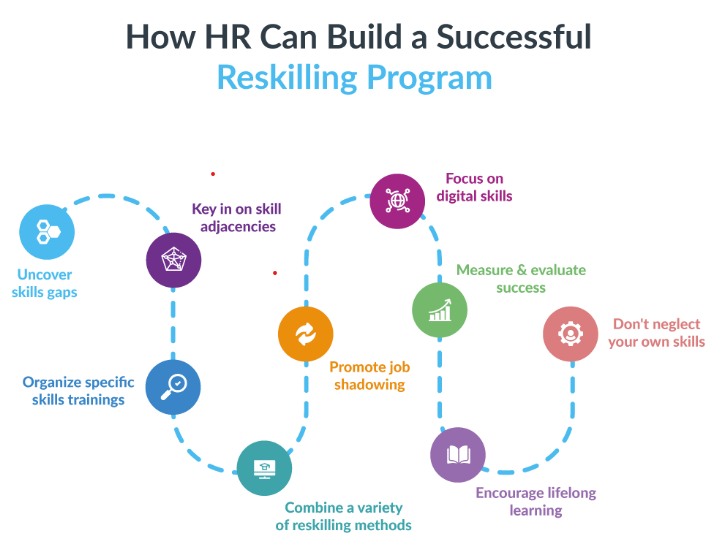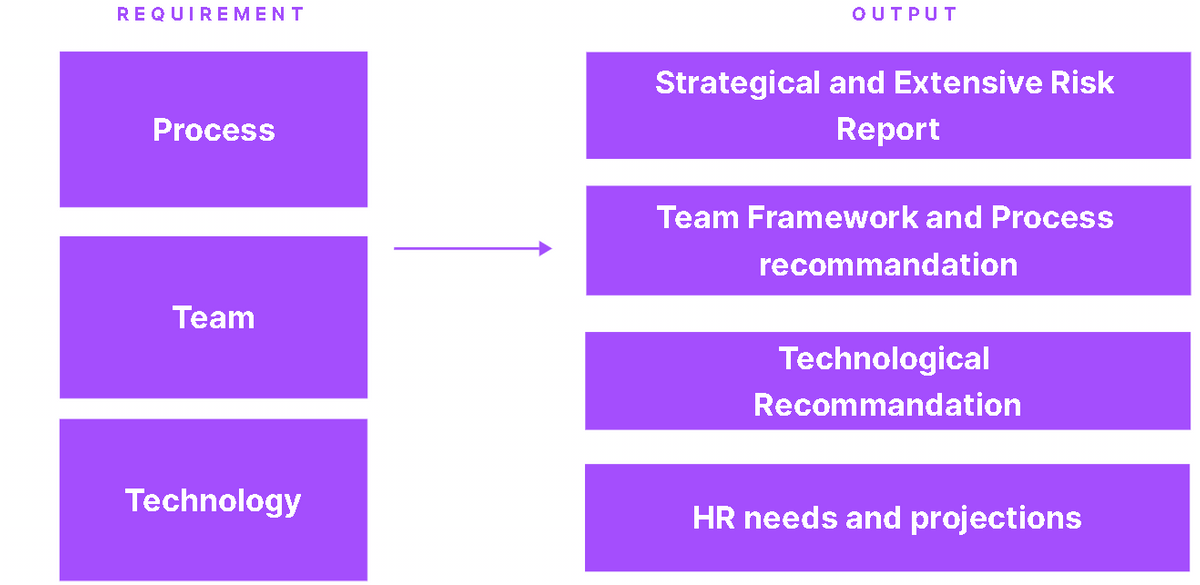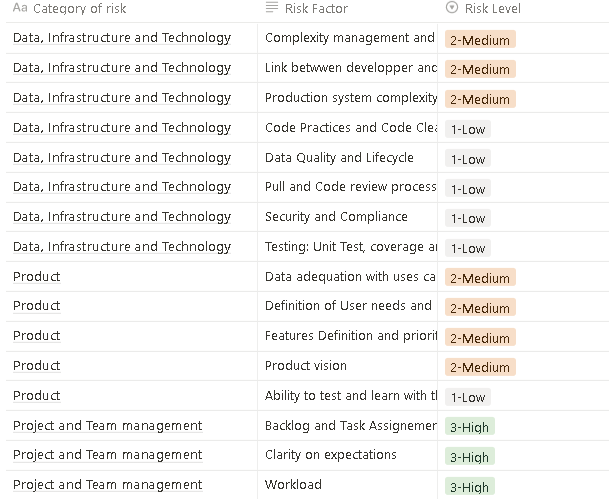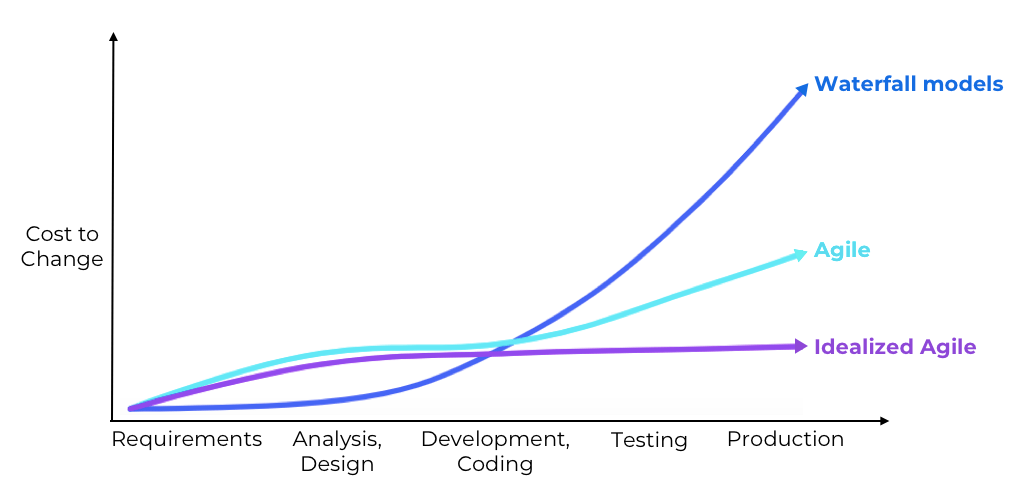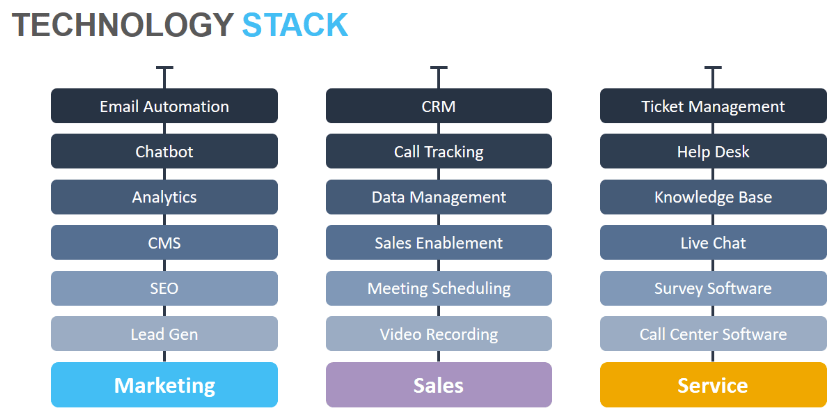
Data Project Acceleration

The Expectation
Digital projects come with a number of risks that can impact their success. Some of the main risks include technical challenges, security breaches, budget overruns, and project delays. Additionally, there is always the risk that the project may not achieve the desired results or may not be well-received by users. In order to mitigate these risks, it is important for organizations to carefully plan and manage their digital projects, and to have robust systems in place to handle potential problems that may arise.

More Acceleration More risks
Accelerating a digital project can increase the risk of the project in several ways. One of the main risks of accelerating a project is that it can put added pressure on the team, which can lead to mistakes and errors. Additionally, accelerating a project can often mean cutting corners, which can result in a lower quality product or solution. Furthermore, when a project is accelerated, there is often less time for testing and quality assurance, which can increase the risk of technical problems or security vulnerabilities. Finally, accelerating a project can also increase the risk of budget overruns and project delays. Overall, it is important to carefully consider the potential risks and benefits of accelerating a digital project before making a decision to do so.

Strategical and Extensive Risk Report
Strategic and extensive risk report for data would provide valuable insights and guidance for organizations looking to effectively manage and use their data in a secure and compliant manner.

Team Frameworks
There are a number of team frameworks that can be used to effectively manage data within an organization. Some of the most common frameworks include:
- Data Governance Framework: This framework outlines the roles, responsibilities, and processes for ensuring that data is managed in a consistent, secure, and compliant manner.
- Data Quality Framework: This framework outlines the standards, processes, and tools for ensuring that data is accurate, complete, and relevant to the organization's needs.
- Data Security Framework: This framework outlines the policies, procedures, and technologies for protecting data from unauthorized access, use, or disclosure.
- Data Analytics Framework: This framework outlines the methods, tools, and techniques for extracting insights and value from data.
- Data Privacy Framework: This framework outlines the policies, procedures, and technologies for protecting individuals' personal data and ensuring compliance with data privacy laws and regulations.

Technological Recommandation
Stress Testing the analysis is key.Each Analysis is accessible by any stakholder and can be vizualised and even interracted with

HR
Stress Testing the analysis is key.Each Analysis is accessible by any stakholder and can be vizualised and even interracted with
© Powered by TechYourside

